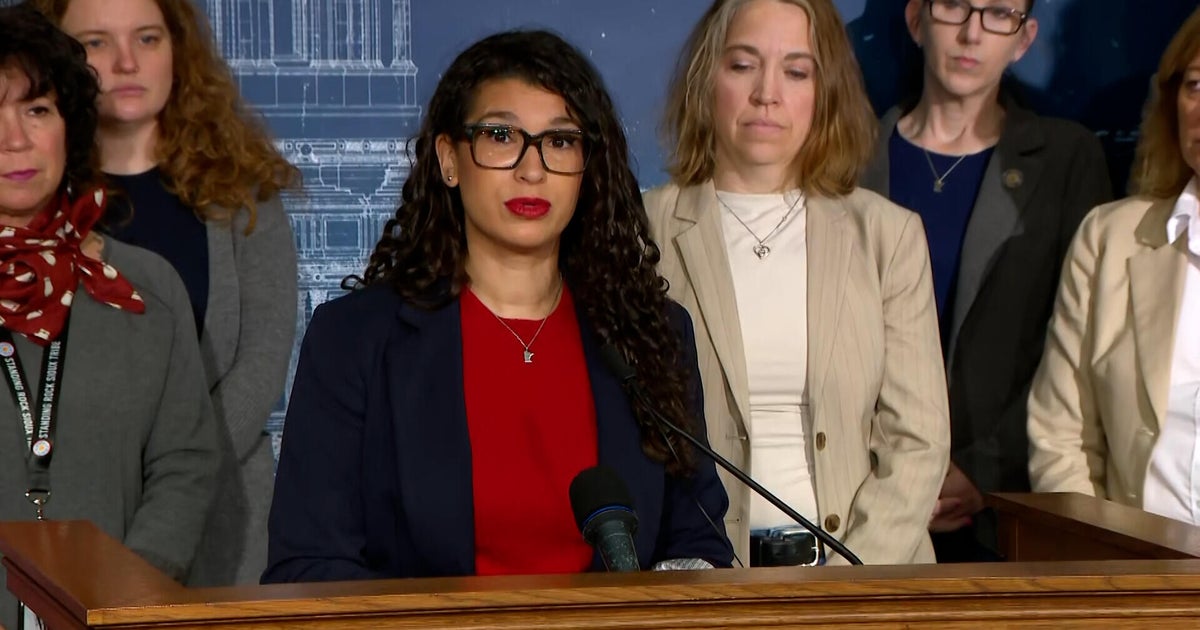Fed stands pat on interest rates
WASHINGTON - The Federal Reserve said Wednesday that it will leave its benchmark interest rate unchanged, as investors expected, while signaling gradual rate hikes ahead amid a strong economy.
The Federal Open Market Committee -- the central bank's rate-setting committee -- said in its its latest policy statement that the U.S. job market is continuing to strengthen, noting that "economic activity has been rising at a strong rate."
Ian Shepherdson, chief economist with Pantheon Macroeconomics, noted that the Fed statement upgraded the economy's performance to "strong," as opposed to merely "solid" in its June readout. Policymakers also did not comment on the possible impact of new U.S. and foreign tariffs amid rising conflict over trade, he said in a report.
The Fed's decision left the central bank's key short-term rate at 1.75 percent to 2 percent, the level hit in June when the Fed boosted the rate for a second time this year.
The Fed projected in June four rate hikes this year, up from three in 2017. Private economists expect the next hike to occur at the September meeting.
President Trump in July told CNBC that he was "not happy" with the Fed raising rates.
"Despite the uncertainty over trade policy and criticism from President Donald Trump, we expect the next hike to come in September," said Michael Pearce, senior U.S. economist with Capital Economics, in a note.
The Fed's decision was approved on a unanimous 8-0 vote. It was little surprise, given that this meeting followed a June session where the Fed took a number of steps including raising rates by another quarter-point and changing its projection for hikes this year from three to four.
The March and June rate hikes followed three hikes in 2017 and one each in 2015 and 2016. The Fed's key policy rate is still at a relatively low level. But it's up from the record low near zero where it remained for seven years as the central bank worked to use ultra-low interest rates to lift the economy out of the Great Recession.
The string of quarter-point rate hikes is intended to prevent the economy from overheating and pushing inflation from climbing too high. But higher rates make borrowing costlier for consumers and businesses and can weigh down stock prices. Mr. Trump has made clear he has little patience for the Fed's efforts to restrain the economy to control inflation.



